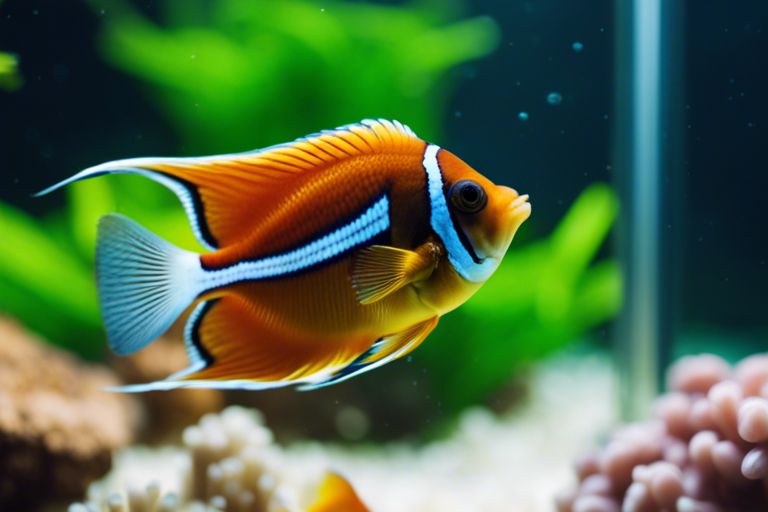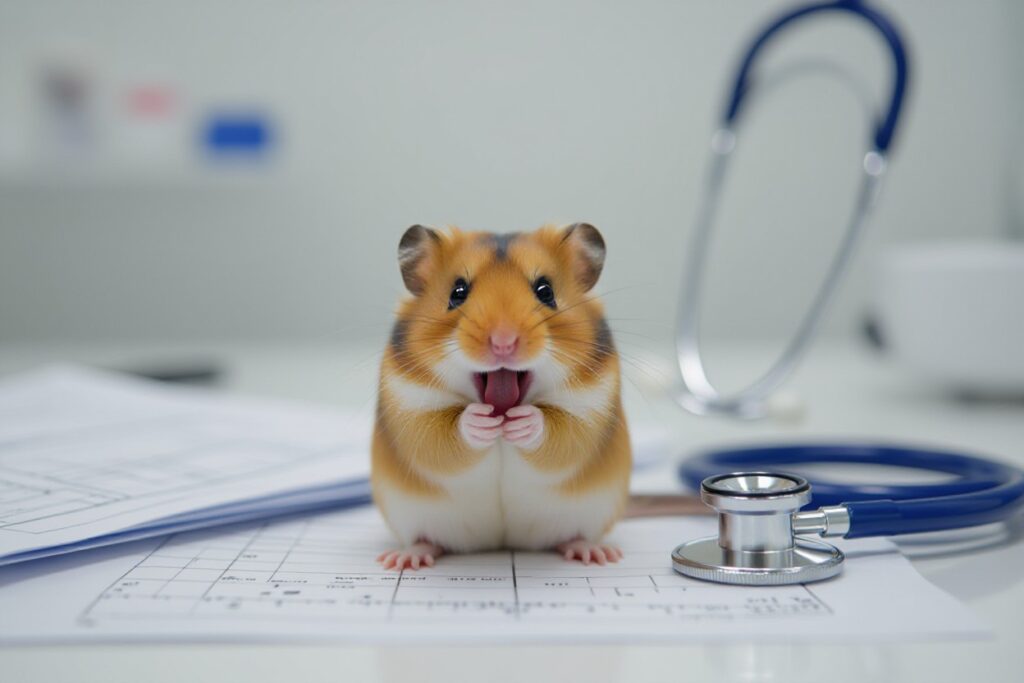There’s nothing more disheartening for fish enthusiasts than watching their beloved aquatic pets fall ill. Understanding common fish diseases and learning how to prevent them is crucial for maintaining a healthy and thriving aquatic environment. In this guide, we’ll explore the signs and symptoms of prevalent fish diseases, the causes behind them, and most importantly, effective prevention methods to keep your fish happy and disease-free. By following these tips and guidelines, you’ll be equipped to tackle potential health issues before they become a problem, ensuring a vibrant and flourishing aquarium for years to come.
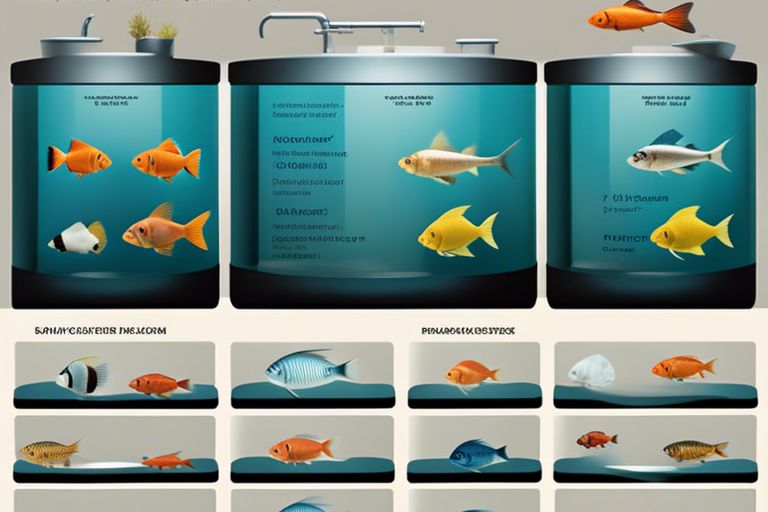
Identifying Common Fish Ailments
How to Spot Symptoms of Illness in Fish
One of the key indicators of fish illness is abnormal behavior. Look out for fish swimming erratically, gasping at the water’s surface, or showing disinterest in food. Physical symptoms such as discoloration, lesions, or bloating can also signal health issues in fish.
Key Factors Influencing Fish Health
Some key factors that influence fish health include water quality, diet, stress levels, and genetics. Ensuring that the aquarium water is properly filtered and maintained, providing a balanced diet, minimizing stressors such as overcrowding or sudden changes in environment, and sourcing fish from reputable breeders can all contribute to the overall health and wellbeing of your aquatic pets.
- Proper water quality is important for fish health
- A balanced diet rich in nutrients supports fish immune system
- Minimizing stressors helps in preventing diseases in fish
Understanding the key factors that influence fish health is crucial for preventing common ailments in aquarium fish. By maintaining a close eye on water quality, diet, stress levels, and genetic factors, fish owners can create a healthy environment for their aquatic pets to thrive in.
- Regular monitoring and testing of aquarium water quality is recommended
- Implementing a varied and nutritionally balanced diet is important for fish health
- Providing a low-stress environment helps in preventing diseases and promoting fish wellbeing
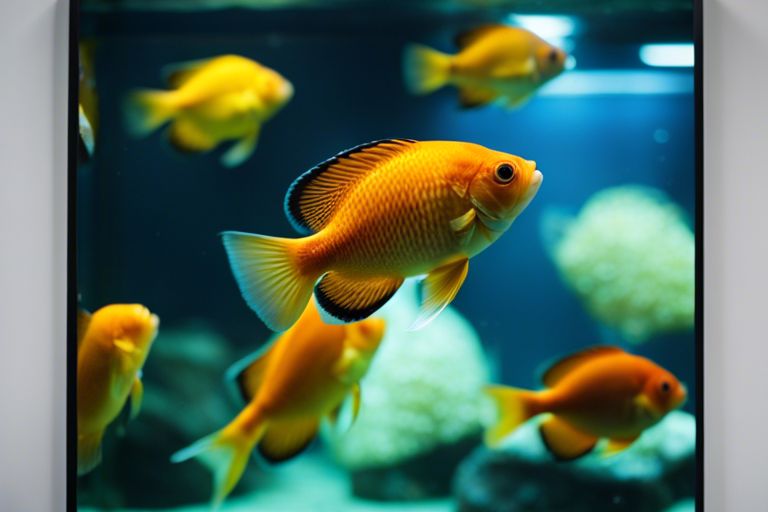
Preventative Measures for Aquatic Health
Tips for Maintaining Clean Water Conditions
One of the most crucial aspects of keeping your fish healthy is ensuring clean water conditions in their habitat. Regularly test the water parameters such as pH, ammonia, nitrites, and nitrates to ensure they are within safe levels. Conduct regular water changes, typically 10-20% every 1-2 weeks, to remove waste and replenish important minerals. Invest in a quality filtration system to keep the water clean and clear. Avoid overfeeding your fish, as leftover food can pollute the water. Lastly, ensure proper aeration and circulation to maintain oxygen levels in the tank.
- Test water parameters regularly
- Conduct routine water changes
- Invest in a quality filtration system
- Avoid overfeeding
- Maintain proper aeration and circulation
Though these steps may require some effort, they are important for the overall health and well-being of your aquatic pets. Clean water conditions are fundamental in preventing many common fish diseases.
How-to Guide: Proper Fish Nutrition and Diet Management
Maintaining a proper diet for your fish is important for their overall health and immune system. A balanced diet should include a variety of high-quality flake, pellet, freeze-dried, and live foods to ensure they receive all the necessary nutrients. Research the specific dietary needs of your fish species and feed them accordingly. Avoid overfeeding, as this can lead to obesity and other health issues. Take into consideration the size of the fish and adjust the portion sizes accordingly.
As a responsible fish owner, it is crucial to educate yourself on the nutritional requirements of your fish species to provide them with a well-balanced diet. Proper nutrition plays a vital role in preventing common diseases and promoting longevity in your aquatic pets.
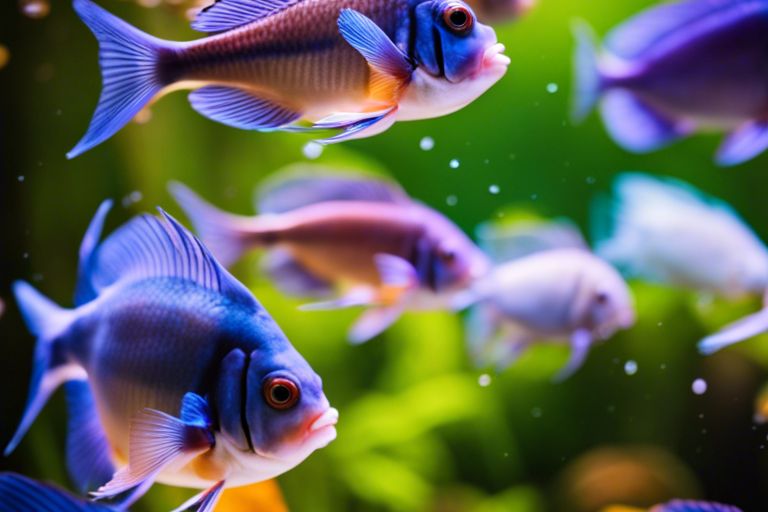
Treatment Strategies for Sick Fish
Step-by-Step Guide: Quarantining Affected Fish
Your sick fish should be promptly quarantined to prevent the spread of disease to other tank inhabitants. Follow this step-by-step guide for effective quarantine:
| Step 1: Prepare a separate quarantine tank with similar water parameters as the main tank. | Step 2: Carefully catch the affected fish and transfer it to the quarantine tank. |
| Step 3: Monitor the fish closely for symptoms and treat accordingly. | Step 4: Keep the fish in quarantine until fully recovered. |
Tips on Administering Medications Safely
Quarantining and medicating fish can be a delicate process, but with the right approach, you can ensure the best outcome for your sick fish. Here are some tips to safely administer medications:
- Use medications specifically designed for fish and follow dosage instructions carefully.
- Always remove any activated carbon from the filter before medicating the tank.
- Monitor the fish closely for any signs of improvement or deterioration during treatment.
Administering medications to fish requires precision and care to ensure the health and well-being of your aquatic pets. By following these tips, you can effectively treat sick fish and prevent the spread of disease in your aquarium.
- Ensure proper dosages and treatment duration to avoid overdosing or under dosing.
- Perceiving any adverse reactions in the fish promptly and adjusting the treatment plan accordingly is crucial for successful recovery.
Long-term Health Management
How to Monitor Water Quality and Avoid Common Pitfalls
All successful fish-keeping endeavors begin with maintaining pristine water conditions. Clearly, the key to a healthy aquatic environment is regular monitoring of water parameters such as pH, ammonia, nitrite, and nitrate levels. Investing in a reliable water testing kit and conducting regular checks will help you catch any spikes or imbalances early on and take corrective action promptly.
Factors to Consider in Fish Population and Compatibility
When selecting fish for your aquarium, it’s crucial to consider factors like species compatibility, size, temperament, and preferred water parameters. Even the most experienced fish keepers can encounter challenges if these factors are overlooked. Any oversight in fish compatibility can lead to aggression, stress, or even disease outbreaks.
- Research the specific requirements of each fish species you plan to keep.
- Avoid mixing fish that have conflicting temperaments or habitat preferences.
It’s crucial to create a harmonious community by carefully planning the fish population in your aquarium. Any imbalance can disrupt the ecosystem and compromise the health of your aquatic pets.
FAQ
Q: What are some common fish diseases?
A: Common fish diseases include ich, fin rot, velvet disease, and swim bladder disorder.
Q: How do fish get sick?
A: Fish can get sick due to poor water quality, stress, overcrowding, and introduction of pathogens.
Q: What are the symptoms of fish diseases?
A: Symptoms of fish diseases may include white spots, torn or discolored fins, lethargy, loss of appetite, and abnormal swimming patterns.
Q: How can fish diseases be prevented?
A: Fish diseases can be prevented by maintaining good water quality, providing a balanced diet, avoiding overcrowding, and quarantining new fish before introducing them to the main tank.
Q: Can fish diseases be treated?
A: Yes, many fish diseases can be treated with medications, water changes, and adjustments to the aquarium environment. However, prevention is key to maintaining the health of your fish.
Q: How often should I clean my fish tank?
A: It is recommended to clean your fish tank every 2-4 weeks, depending on the size of the tank, number of fish, and filtration system. Regular water changes and tank maintenance help prevent fish diseases.
Q: Are there any specific precautions to take when introducing new fish to an aquarium?
A: Yes, when introducing new fish to an aquarium, it is important to quarantine them in a separate tank for at least 2 weeks to observe for any signs of illness. This helps prevent the spread of diseases to your existing fish population.
